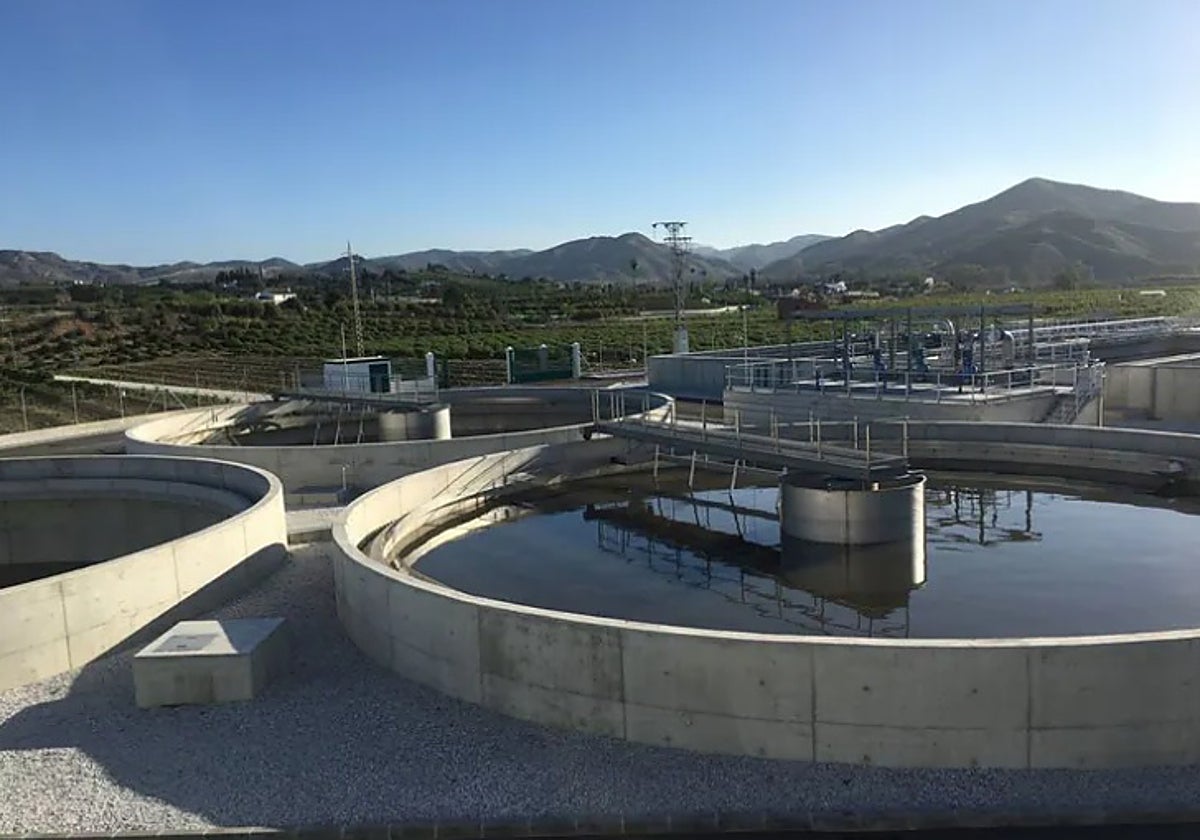Malaga-based company develops AI system to monitor wastewater treatment plants
Sando's artificial intelligence technology should help reduce electricity consumption, increase reliability and prevent service interruptions
Ignacio Lillo
Malaga
Sunday, 29 October 2023, 09:25
Predictedar, the artificial intelligence technology developed by the Malaga-based company Sando, is set to reduce electricity consumption, increase reliability and prevent service interruptions and insufficiently treated discharges at wastewater treatment plants.
The company's researchers are developing, through a project financed by the Andalusian Technological Corporation (CTA), a system that uses artificial intelligence for the predictive maintenance of critical components of the treatment centres. They are collaborating with Facsa, who specialise in the water cycle, and a University of Granada research group from the Engineering and Infrastructures department.
The technical manager of the building and civil works sector at CTA, Carlos García, said that the system developed by Sando will represent "a major breakthrough in the sector, applying technologies used in advanced manufacturing and technology-intensive sectors, at the forefront of these lines of innovation".
Sando's Head of Innovation, Juan Antonio Báez, said: "With Predictedar, we will be able to minimise operational risks and unforeseen events, reduce needs and costs, study the main technical limitations and even increase the insufficiency ratios of a wastewater treatment plant (WWTP). We will promote the circular economy and reduce consumption."
The system developed will prevent unplanned shutdowns of the plant and its subsystems, to avoid service interruptions and discharges of poorly treated water into the environment. In addition, it will minimise the associated costs of sludge disposal because it will be recovered to be used as an agricultural fertiliser.
The programme will also reduce energy consumption and increase the self-sufficiency ratios of WWTPs, as it will maximise the operating time of the treatment plants by reducing the hydrolysis time, which is a very energy intensive process.
Sando said that it will be able to offer water cycle management companies the opportunity to position themselves at the technological forefront of intelligent systems in wastewater treatment plants.
